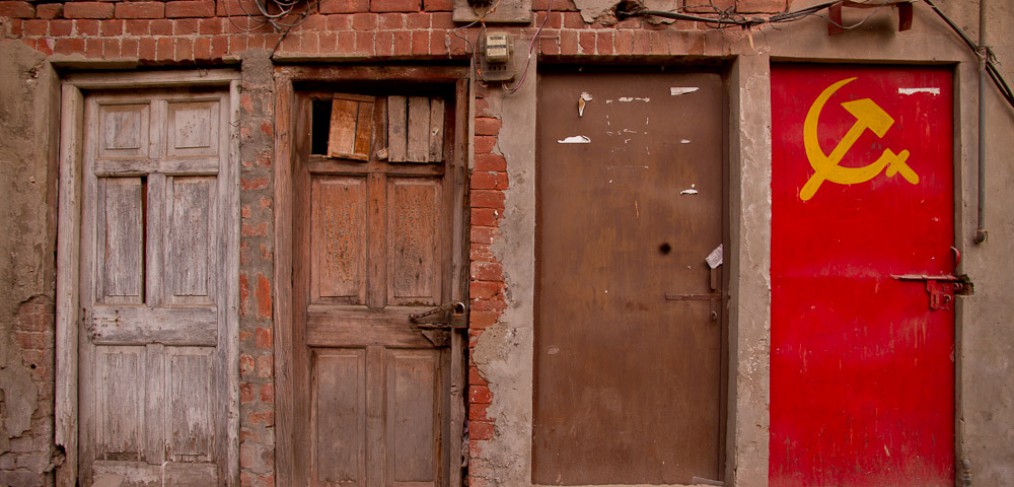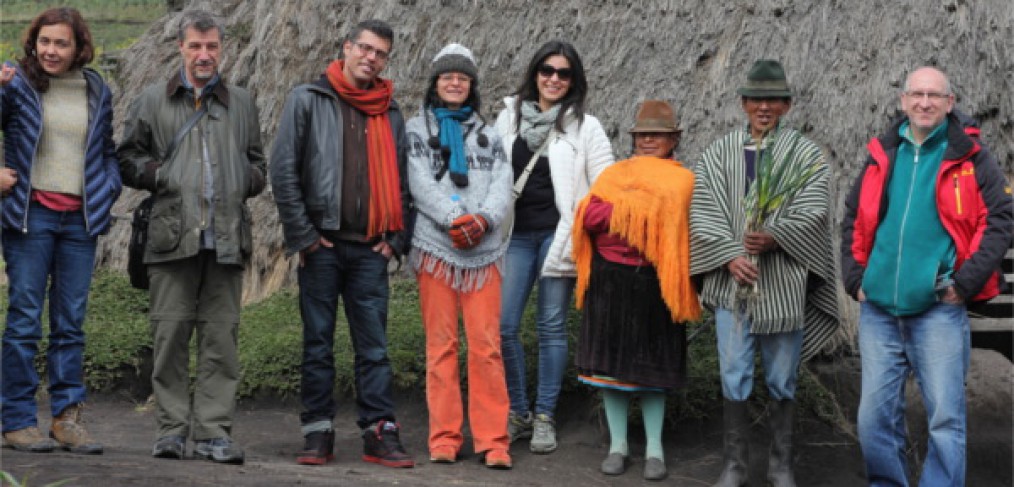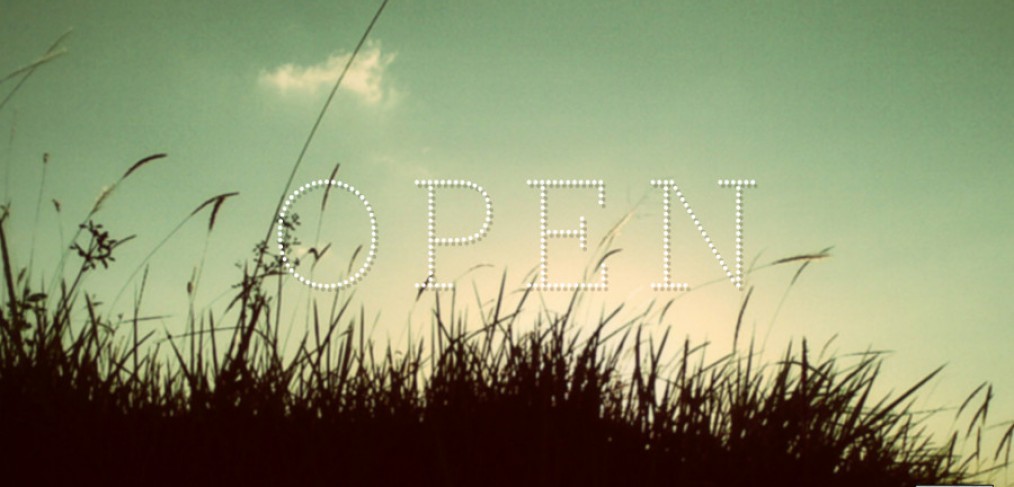Michel Bauwens recently spoke at the Harvard Berkman Center to give his big-picture analysis of the economic and social transition now underway. The hour-long video of his talk provides a clear explanation for why peer production is flourishing and out-competing conventional business models and markets.
I’m thrilled to report that the Commons Strategies Group finally has its own handsome, up-to-date website! Whenever anyone asks me about the commons work that I’ve been doing over the past five or six years – and that of my dear colleagues Silke Helfrich and Michel Bauwens – I can now point them to this beautifully designed site.
Contribute to the phase transition first; and be ready for the coming sparks and organic events that will require the mobilization of all.
Thus we have a paradox: the more communist the sharing license used in the peer production of free software or open hardware, the more capitalist the practice.
In our vision, it is the integration of the economic work of peer production, outlined just above, and the broader work of social and political re-organization around commons-centric institutions, which will set the stage for a rebirth of an offensive social and political movement that will have a good chance to promote a phase transition to a commons-centric political, social and economic society.
Michel Bauwens reflects on the highly innovative qualities of Ecuador’s FLOK Society project while offering ideas on how to transcend its local context.
An outline of the general aspects of a political agenda for a gradual transition to a commons-oriented, social knowledge economy.
The first wave of hacks was radically liberal, it is time for a second wave, where the values of equity and fairness are added to the core value of freedom, liberating commons-oriented peer production from its capture by netarchical capital.
The Partner State is the concept whereby public authorities play a sustaining role in the ‘direct creation of value by civil society’, i.e. sustains and promotes commons-based Peer Production.
It is the combination of constructive open communities, mobilized social movements, and a political extension of the power of both, in a grand alliance of the commons, which will be necessary to turn the maturation of open practices and infrastructures, into the necessary phase transition that can save us from the coming barbarisms.









